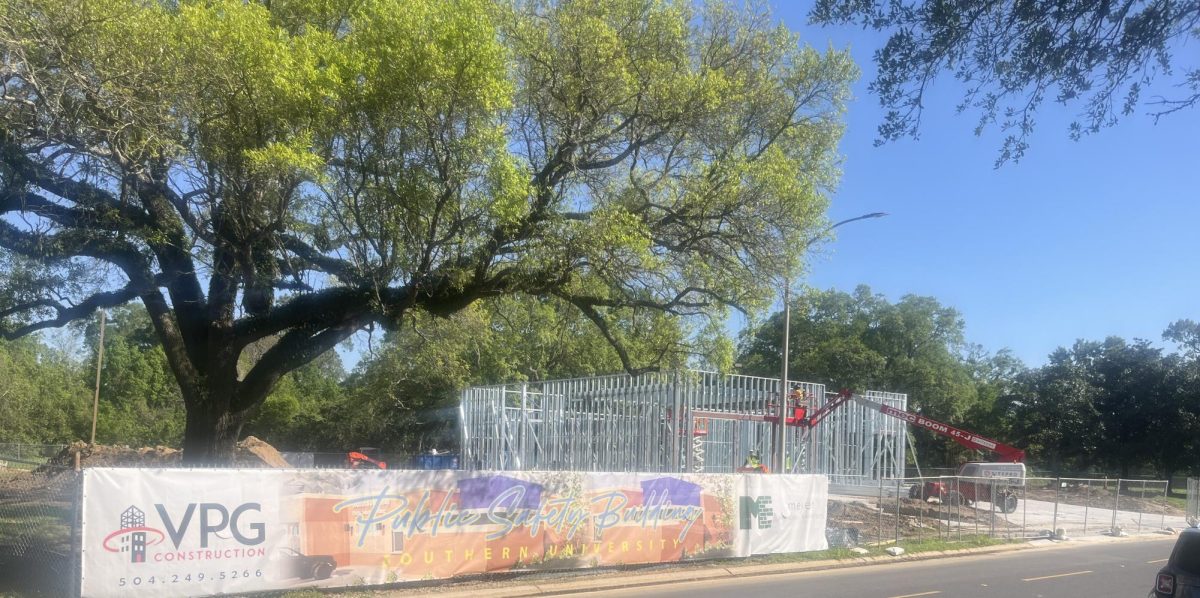About one-third of Americans are worried about the global SARS epidemic, but fewer than one in five say it has had effects on their daily lives, such as making decisions to avoid overseas travel or Asian restaurants and stores or taking other steps, a new survey has found.
Sixteen percent of Americans are avoiding people who they think may have recently traveled to Asia, while 10 percent are staying away from all public events, and 14 percent are shunning Asian restaurants and stores, the survey found.
Seventeen percent of Americans who have traveled outside the United States in the past year have avoided international air travel because of severe acute respiratory syndrome since they learned of the outbreak, according to the nationally representative survey by the Harvard School of Public Health.
”Even though there have been few cases of SARS in the U.S., concerns about this disease have begun to have an impact on the American public,” said Robert Blendon, a professor of health policy and political analysis at Harvard.
About one-third of those surveyed said they were somewhat or very concerned about SARS. As a result, many Americans are paying close attention to the unfolding epidemic, with 93 percent reporting having heard or read about the disease recently in the news.
Concerns about being infected by the virus are prompting other changes in behavior as well, according to the poll. Twenty-one percent of those surveyed said they were using a disinfectant at home or work to protect themselves, and 9 percent were carrying something with them to clean objects that may have been in contact with someone who has SARS. However, only 3 percent had bought a face mask to protect themselves.
The survey also found strong support for aggressive public health measures to fight SARS in this country if necessary.
Eighty-three percent of Americans said quarantines are justified to keep SARS from spreading, 94 percent said they would agree to be isolated for two or three weeks in a health care facility if they had SARS, and 92 percent said they would agree to be quarantined for 10 days at home if they were exposed to someone with SARS.
Only 13 percent said President Bush’s decision to add SARS to the list of diseases for which people can be quarantined was a threat to their personal rights and freedoms.
”If the number of cases in the U.S. grows, the public appears to be willing to cooperate with public health officials to keep the disease from spreading,” Blendon said.
One in four Americans thought it was likely that they or someone in their family would contract SARS in the next year.
There appears to be a high level of knowledge about the disease. Eighty-four percent know there’s no vaccine for SARS, and 51 percent know there’s no treatment. People know that the disease is spread primarily through close personal contact.
The biggest misconception about SARS was how deadly it is. Four in 10 Americans said that one-quarter or more people with SARS die from it. The death rate is now estimated at between 6 percent and 10 percent.
For the survey, ICR/International Communications Research of Media, Pa., conducted telephone interviews with 1,003 adults ages 18 or older on April 11-15. The survey has a margin of error of plus or minus 3 percentage points.
Categories:
One in Three Americans Worry About SARS; Fewer Adopt Protective Measures
May 2, 2003
0
More to Discover





